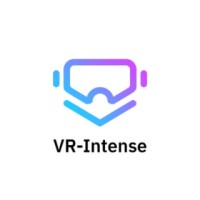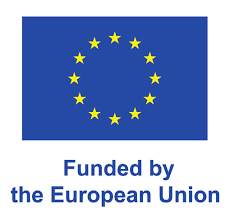|
Virtual reality (VR) has the potential to enhance the higher education experience in various ways significantly. VR is highly beneficial in higher education programs when used in an appropriate setting. It offers stimulating learning environments, meaning that VR can create realistic, engaging simulations that allow students to explore organizations and environments, as well as scenarios that may be difficult or impossible to experience in a traditional setting. Additionally, VR enhances engagement. It can make learning more exciting and interactive by providing hands-on experiences. This can help students better understand complex concepts and access learning materials more interactively. Students can practice and refine their skills in a controlled, safe virtual environment before applying them in real-life situations. VR also enables European or global collaboration, as it allows students from across Europe to work together in virtual spaces, eliminating geographical barriers to discussions on various topics. This leads to a more diverse and enriching educational experience, as students can share perspectives and collaborate on projects in a virtual setting. Even for remote online students or students with physical disabilities, VR tours improve accessibility to the new higher education institution they belong to. Furthermore, VR can inspire educators to explore new and innovative teaching methods. It provides a platform for creating interactive and dynamic learning experiences that can sustain students' motivation and curiosity. In a project with intensive VR use, project partners establish a supportive VR environment to (a) introduce students to higher education institutions and study programs in Europe, (b) enhance social and communication skills as well as academic abilities, and (c) offer stimulating learning experiences for seminars and lectures.
Project team
|


 Pristupačnost
Pristupačnost


